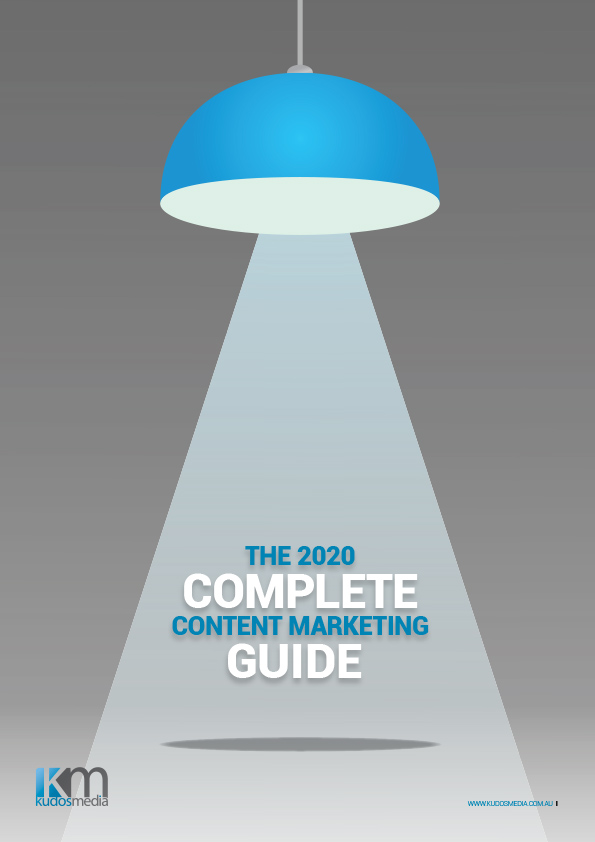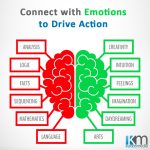The Psychology of Content Marketing

Why does some content work better than others? Three popular approaches to digital marketing were recently put to the test by researchers in Germany in a bid to understand how consumer-brand relationships play out online.
The evidence looks promising for both user-generated content and direct content marketing, with less positive findings for sponsored content.
The study suggests it might be the formation of trust – the foundation of all good relationships – that is the major player determining how well content, and the brand behind it, is received by an online audience.
What content performs the best?
User-generated content
User-generated content refers to content that is produced by everyday people of their own accord. Brand managers can strive towards encouraging people to post content that features their brand, but ultimately, the nature of that content is out of their control. The study found that user-generated content that positively portrays a product resulted in the audience having a more positive attitude toward that brand, compared to sponsored content.
Content marketing
Content marketing is content produced by a brand that clearly comes directly from the brand, but that provides value to the reader through supplying useful or engaging information. It does not attempt to directly advertise a product. In what may be surprising to some, the study found that content marketing was received equally as well as user-generated content by the audience.
Sponsored content
Sponsored content is editorial content paid for by a brand but produced by a third party (such as an influencer). Legally such content is required to be disclosed as advertising. The study found that sponsored content resulted in consumers holding a more negative attitude towards the brand compared to user-generated content and content marketing.
What explains the difference in performance?
Müller and Christandl, the researchers behind the 2019 study, propose that ‘persuasion knowledge’ is the key mechanism behind why user-generated content and content marketing outperformed sponsored content.
Friestad and Wright first coined the term in 1994 to explain how people respond when they realise a message is coming from a company that is trying to influence them.
It’s now thought that persuasion knowledge occurs in two stages:
- a conceptual change is activated when someone becomes aware that a company is behind a message
- an attitude change is triggered, which represents the person’s response to that knowledge, such as cynicism or hesitation
User-generated content can be so powerful because it is doesn’t activate persuasion knowledge, and thereby maintains a sense of powerful authenticity and trustworthiness.
On the other hand, sponsored content may result in the defensive activation of persuasion knowledge, leading to heightened awareness that a person has been paid to sell the product and lowered trust in the message.
In content marketing, the clear, straightforward disclosure that the content comes directly from the brand is proposed to be what results in the positive shift in attitude, as it actually fosters an increased sense of trustworthiness towards that brand.
This, coupled with the ability to control what the nature of the content is, and choose when and how you publish it, makes content marketing the emerging king of kings.
However – there’s still a time and a place for all three types of content, and choosing what to use and when will depend on your audience, your budget and your brand persona.
To receive a comprehensive content marketing overview, download our guide below.
Download our Complete Content Marketing Guide
The Complete Content Marketing Guide is a 30-page white paper detailing all aspects of developing, refining and implementing a content marketing and marketing automation strategy.

Content Marketing Strategy Development
Establishing Content Marketing Goals
Audience Analysis
Marketing Automation
Content Metrics and ROI
– Digital Content Distribution:
– Social Media
– SEO
– Video
– E-Newsletters
– Content Seeding and Amplification
Print Content Considerations
Legal considerations
Fill in your details to access the guide. We respect your inbox and your time!





